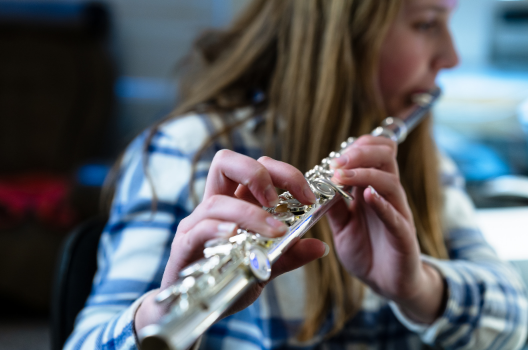In the aforementioned Music Literacy Ireland survey of instrumental music teachers (2020), getting students to practise was considered to be one of the most challenging aspects of their job; parents also featured on the list. This is hardly surprising considering that students and parents are often the two main points of contact that an instrumental music teacher will have. It is even less surprising when you consider that this blog post has been about the myriad factors that influence practicing (whether positive or negative), including students’ busy lifestyles, parental support, productive lessons, clear communication, flexibility, patience, time, notwithstanding persistent misconceptions that shape how one thinks about music tuition. Consequently, what one expects from music lessons and what is actually entailed in acquiring musical skills often stand in direct contrast to each other.
One of the general pitfalls regarding music tuition is the separation of music into groups – exams, fun, self-taught, trad., classical, pop, rock, jazz – which subconsciously serves to qualify the level of effort or skill set that is deemed necessary in those contexts. Instead, it might be more productive for learning music and developing skills to be at the heart of all music tuition, setting a foundation upon which students can build, allowing them to later decide which direction they would like to pursue regarding music: leisure, amateur, professional.
And if getting students to practise and engagement with parents are considered among the challenges that some teachers encounter, we should contemplate beyond lessons to consider other factors that might be at play. Nationally, greater awareness of the work that music, and indeed the arts, entails is required (despite what seemed to be society as a whole gaining solace in music and the arts during Covid-19, as a sector it has suffered significantly, though it continues to give; indeed, it’s not uncommon for musicians in general to be expected to give up their time for free). Inevitably, if this is the situation on a national level, it is likely to be similar at a local level, in which case it is the teacher’s responsibility to work towards effecting change by educating students and, where applicable, their parents about music. It’s important to have conversations about the path to developing musical skills as well as to highlight and explain what music tuition involves; the benefits that are frequently listed in relation to receiving music tuition require more than just attending lessons. Moreover, music is primarily seen as entertainment, and while it certainly does provide entertainment, the arts in general is much more than that: it is access to many cultures the world over; fundamentally, it is understanding humanity. In some ways then, music lessons and practicing can be viewed as both the starting point and opportunity for people to learn about and appreciate what music truly has to offer.
This is not a blog post about becoming a professional musician or advocating one way of learning, it is highlighting that like anything, regardless of talent and ability, or of the route you take, effort is required. If you are to take just one thing away from this blog then it is to ask a question, be that of yourself, your child, or your student: how much do you want to reach your goal? You might have to revisit this question over different periods of time, or even revisit the goal itself (it’s also a question you might ask yourself outside of the context of music lessons), but it is worth asking as it can clarify many things, avoid frustrations, facilitate progression and the development of skills, open up discussions about music, and most importantly for everyone who sets out to learn an instrument, free you up to have fun.


